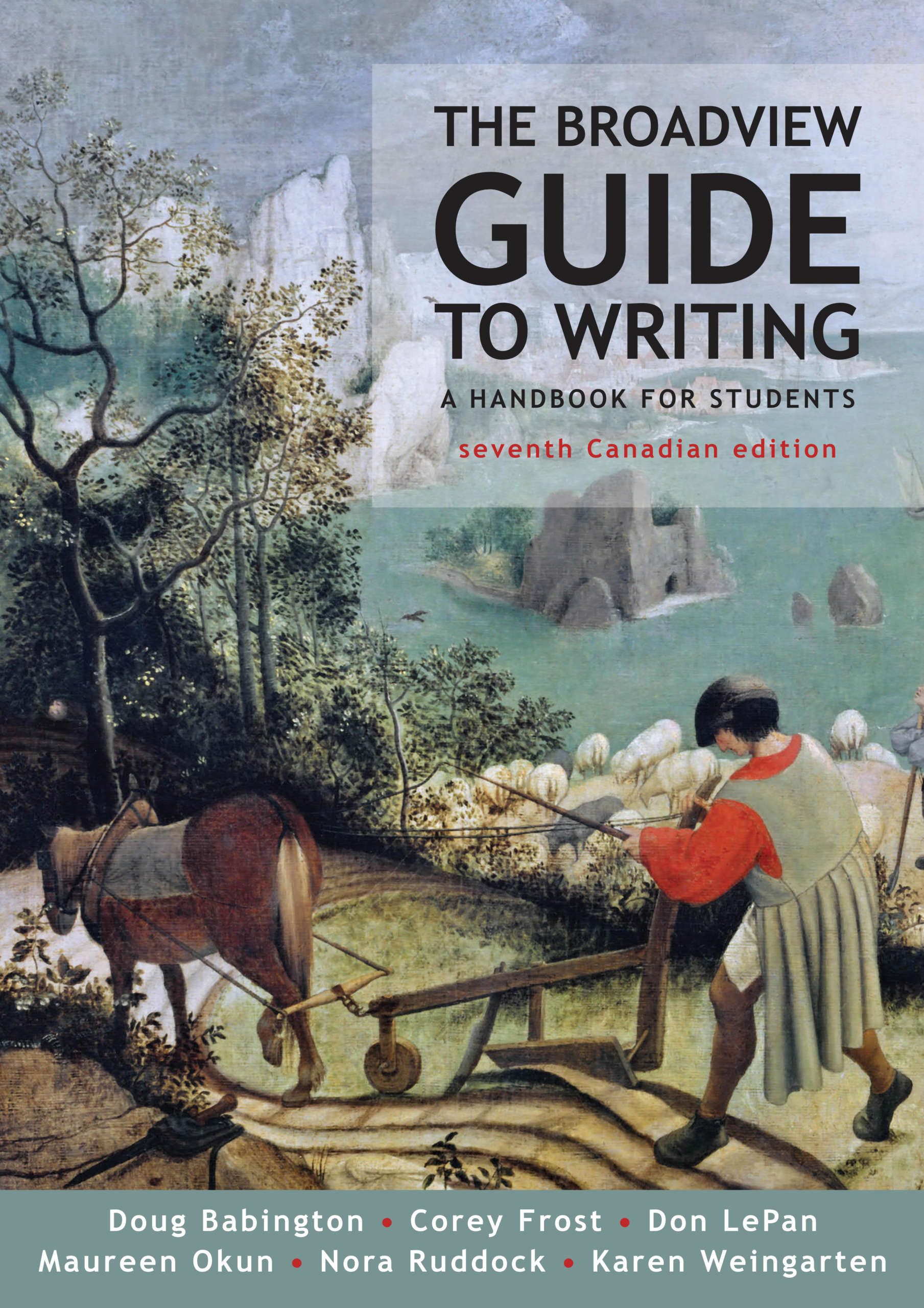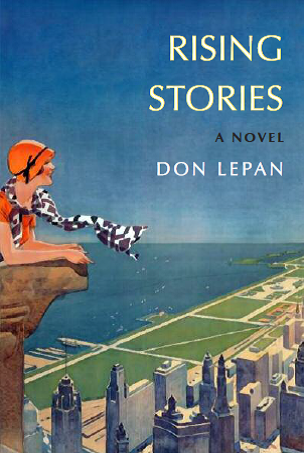To what extent can a novel be written to further a specific political agenda and still be a novel? More generally, what purpose does or should literature fulfill? For most of the millennia over which such questions have been posed, the answers have included ethical or political goals. As often as not, indeed, those goals have been accorded explicit priority over any aesthetic or epistemological ones. In the Western world, from Plato through the eighteenth century, a widely held view was that all literature should play an active part in helping to make us better people, in helping to make a better world—including in ways that were explicitly political. In the nineteenth century fewer and fewer believed that it was the responsibility of all literature to play such a role, but a very great many—from George Eliot to Bernard Shaw to George Orwell—believed that literature could play such a role, believed at a minimum that such a role was one of its legitimate functions. In recent generations in the Western world, though, it has been all the other way. Literature is expected to eschew explicit ethical or political goals; according to the prevailing wisdom, there is almost nothing more damning than for a work to be (or be perceived to be) didactic or polemical.
Yet, while it is almost universally agreed that literature is not the place to express an explicit ethical or political agenda, it is agreed just as widely that literature somehow fulfills a set of broader but less clearly defined ethical and socio-political aims. It is a truism (almost a bromide) that, in general, reading literature enriches and broadens our understanding of other humans, and of the world.
One of the interesting things about these assumptions is that we have very little evidence to support the one that is universally accepted as true, whereas we have ample evidence to support the one that is universally assumed to be false. That reading increases one’s understanding in ways that make one better as a person is intuitively an attractive position. But only recently have people begun to test it empirically, and the evidence is thus far inconclusive (to my mind at least--see my posting "A Good Read," November 24, 2009). There is a great deal of evidence, however, that reading Upton Sinclair’s The Jungle led hundreds of thousands of people in the early twentieth century to press for changes in working conditions in slaughterhouses, and that real change ensued. There is a great deal of evidence that in the 1840s and 1850s hundreds of thousands were influenced by openly didactic novels such as Oliver Twist and Mary Barton to sympathize with those in wretched poverty, and to support legislation to ameliorate conditions imposed by ruthless factory owners. (In her preface to the first edition of Mary Barton Elizabeth Gaskell writes directly of her intent in writing the novel—to “give some utterance to the agony which, from time to time, convulses this dumb people”; she goes on to urge that “whatever public effort can do in the way of legislation, or private effort in the way of merciful deeds…should be done, and that speedily.”) And real change ensued. So too with other novels, and with other issues. Black Beauty was written to change attitudes about the treatment of horses—and did so. Ramona was written to change attitudes about the treatment of native peoples in America—and did so. Uncle Tom’s Cabin—perhaps the most widely read book of the nineteenth century—is universally acknowledged to have helped to turn the tide of public opinion in the United States against slavery.
Are we so very sure that we should be dismissing moral purpose of this sort as inappropriate to serious literature?
To be fair, dismissing the didactic or polemical is generally done not on the grounds that the didactic or polemical can’t make a difference to readers’ attitudes, but on the grounds that a work which aspires first and foremost to an ethical or political purpose cannot be “good” literature. We assume that an overt moral purpose will necessarily be accompanied by a lack of psychological shading, by an absence of intellectual subtlety, by a crudeness of style—in short, that a didactic or polemical work of literature will be “merely” didactic or polemical. And doubtless there have been many works over the centuries that have been just that. But as soon as one begins to cite examples at the other end of the spectrum, the argument that there is any necessary connection between didacticism and aesthetic failure falls apart. Jonathan Swift, Charles Dickens, Elizabeth Gaskell, George Eliot, George Orwell—some of the greatest writers of the past few centuries have written work that can fairly be described as didactic or polemical, but that is also almost universally accepted as having met extraordinarily high standards of aesthetic accomplishment. Tellingly, the critical consensus regarding Mary Barton is that the first half of the novel—comprising an imaginative polemic against the oppression of the poor—is far better realized aesthetically than is the more romantic and individualistic material that comes to the fore towards the book’s conclusion. Even Uncle Tom’s Cabin—long derided as a sentimental page turner—is now starting to be much more favorably assessed from an aesthetic point of view.
Animals is unashamedly a work in this tradition; as the afterword makes clear, it is a novel written with an explicit ethical and political purpose: to influence readers against the evils of factory farming. Along the way, it tries to explore a number of other questions—the ways in which humans are able to rationalize unconscionable behavior, for example, and the ways in which the “dividing line” separating the human from the non-human may be formed. It also aims to interest and stimulate readers in the way that conventional novels do—I certainly hope that readers will be engaged by the psychology of the characters, and by what the interactions between them reveal about their natures. And I hope too that the novel will go beyond what I intended it to be—will “take on a life of its own,” as the phrase goes. Already it has done so for me. I could feel it taking on an emotional life of its own as the tears streamed down my cheeks while I was writing the first draft of the end of Part One. I could feel it taking on a formal and stylistic life of its own as I tried to work out the intricacies of narrative viewpoint and the novel became a much more layered work than I had intended—in some ways almost a postmodern one. I could feel it taking on an intellectual life of its own as I came to realize that the interplay between the viewpoints of the various characters might end up pointing towards more thoroughgoing changes in behavior than I have adopted in my own life, or than I would feel comfortable in promoting with complete confidence. But I hope that under it all a purposeful core still glows with a white heat—a core that is entirely simple and straightforward. I will judge the novel to have failed in the way that I care about most if it does not influence many readers to think again—and feel again, or perhaps for the first time—the horror of what humans are doing to other creatures in order to obtain cheap food for themselves.
It would be foolish to expect that Animals and other works of the imagination today* can make anything like as much of a difference in bringing such cruelty to an end as Uncle Tom’s Cabin and other works of fiction of its era did in ending slavery. But it is never foolish to hope.
* Other such works I am aware of include James Agee’s “A Mother’s Tale” (available online), Angus Taylor’s tale and accompanying philosophical discussion “Hunting for Consistency” (published in Philosophy Now, 2008), and Claude Lalumière’s story “The Ethical Treatment of Meat” (published in a collection entitled Objects of Worship.
[Most of the material in this posting originally appeared in advance of the publication of the Canadian edition of Animals in 2009.]




